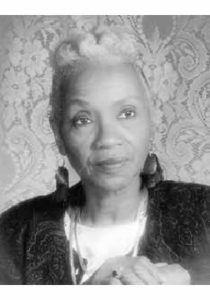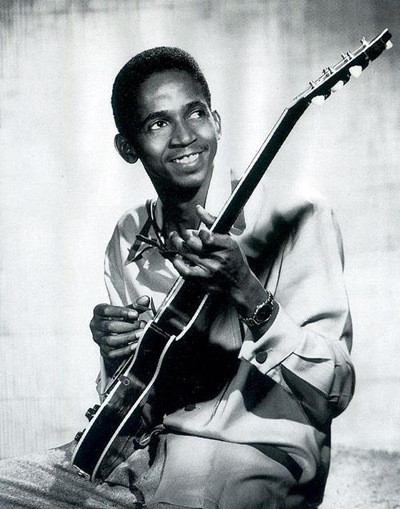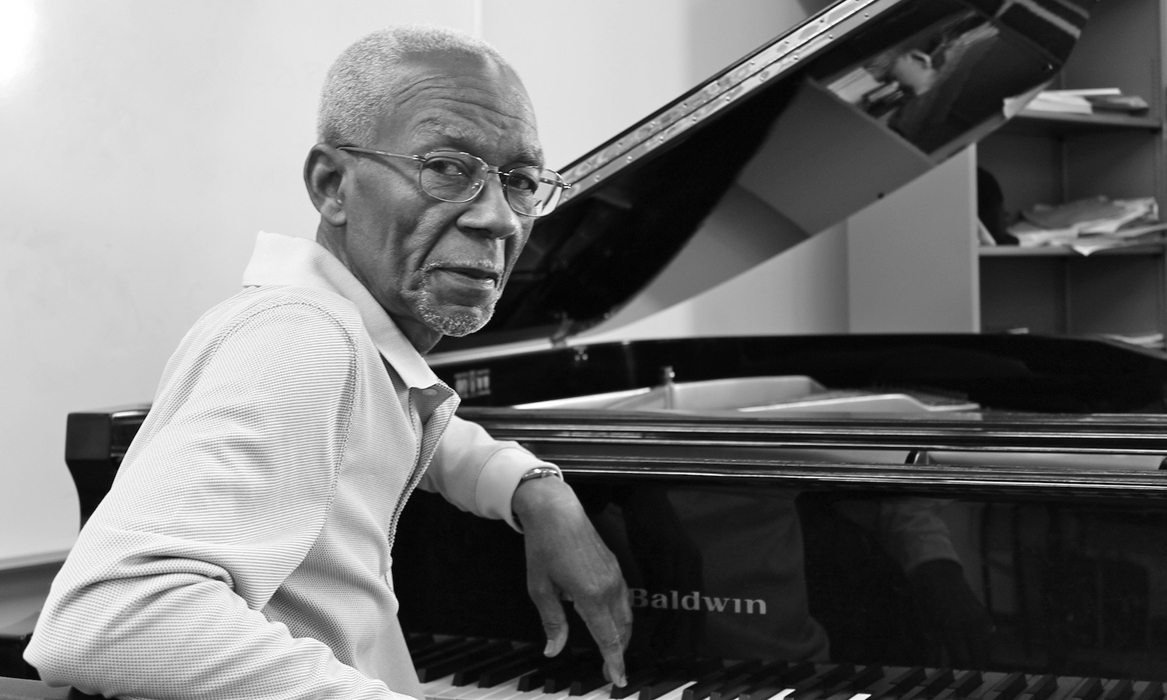Black Musicians Trailblazing Unionism in DFW
Local 72-147 has been representing musicians since the chartering of Local 72 in Fort Worth in 1898 and Local 147 in Dallas in 1901. But before 1965 during the dark era of segregation, black musicians fighting the discrimination of segregation and working to advocate for the rights of musicians formed AFM locals on their own. This is the story of these musicians during their years of organizing with AFM Local 392 in Fort Worth and Local 168 in Dallas.
Fort Worth AFM Local 392
Black musicians in Fort Worth organized and formed the Fort Worth Musicians’ Protective Union, and were granted a charter in 1944 as AFM Local 392. The local’s first delegate to the AFM Convention in 1946 was Hugh R. Talton, and was housed in a residence in what is now the Historic Southside neighborhood in the home of its President and Manager Frank M. Jones. Hugh Talton was the local’s Secretary. Many of the members of this local came through the famed music program at Fort Worth’s I. M. Terrell High School from which many jazz greats had their beginnings. Julius Hemphill, founder of the World Saxophone Quartet, was one of several of these luminaries who came through I. M. Terrell and began his career as a member of Local 392.
Life Member Ray Sharpe began his AFM membership in Fort Worth local 392
Another Local 392 member was Ray Sharpe, and he continues his AFM membership today as a life member of Local 72-147. Born in Fort Worth, Sharp learned guitar and in 1956 formed his own trio, Ray Sharpe and the Blues Whalers with other Local 392 members Raydell Reese on piano and Cornelius Bell on drums. Sharpe and his trio went on from playing rock and roll in Fort Worth clubs to reaching the Billboard Hot 100 with his second record “Linda Lu” in 1959 and appearing on American Bandstand. Ever since, Sharpe has continued to release records, while keeping up his playing in the Fort Worth area.
Longtime union member Marjorie Crenshaw served as an Executive Member for Local 72-147 for decades until her passing on March 6, 2019. In an interview conducted earlier that year she remembered well the days of Local 392. Also a graduate of I. M. Terrell, she spoke of the tradition of musicians joining the local at a young age, and the culture of unionism . “The high school teachers taught them to belong to the Union when they were in high school. They taught them that. To be professional you should belong,” she said. She remembered about Local 392 President Frank Jones leadership, “Old Man Jones,” she called him, “before you got on the bandstand when they would play down at Greenway Park, right there where Belknap twists, he’d make you show your card before you played,” she said. “I’ll never forget how Mr. Jones would say, ‘show me your card’, because you were not going to play a single note till he saw that card!”
 Life Member & Executive Board Member Remembered the days of Local 362.
Life Member & Executive Board Member Remembered the days of Local 362.
See an interview with Mrs. Crenshaw from 2019 by clicking HERE.
Dallas AFM Local 168
In Dallas a local of black musicians was formed about ten years later. AFM Local 168 of Dallas, was granted an AFM charter in 1954. During its eleven years, it was led by its President Willie Jaques and Secretary Grady Jones – both saxophone players. Local 72-147 Life Member Roger Boykin joined Local 168 in 1955 right after high school. He notably remembers yearly events: a Musicians Ball, which was a fundraiser, and a yearly gig that was booked by the local at the Cotton Bowl. On the game day, musicians of the local would play on bandstands made of bales of cotton surrounding the stadium. “They might have ten bands around the Cotton Bowl. That was one of the good gigs in those days. And it was all arranged through Local 168.,” Boykin said. “Just about every black man in town was playing that day, right before the Cotton Bowl day as people were coming in,” remembers Boykin.
Life Member Roger Boykin began his AFM membership with Dallas Local 168
See an interview with Mr. Boykin remembering Local 168 by clicking HERE.
With the Civil Rights Act of 1964, discrimination and segregation in employment – or in unions – had become illegal. As a result the AFM directed that jurisdictions with dual locals be joined. Locals 392 and 72 of Fort Worth and Locals 168 and 147 of Dallas were among the first in this circumstance to voluntarily effect mergers. International President Emeritus James Petrillo was recalled to service in the 1964 AFM Convention and assumed leadership as the Chairman of the Federation’s Civil Rights Department to oversee the transitions.
In Fort Worth the members of Local 392 met on October 11, 1964 and voted to relinquish their AFM charter and join Local 72, effective January 1, 1965. On the same October day, the board of Local 72 met and adopted the recommendation that the members of Local 392 be accepted as Local 72 members by paying the difference between their initiation fee (paid for Local 392) and the initiation fee of Local 72. It was agreed that officers Frank Jones and Hugh Talton would receive life membership status and Local 392 Board Member Allen Wiliby be appointed to act as an advisor to the board.
In Dallas, the Local 147 Board met to discuss a merger with Local 168 on January 23, 1965 and developed the recommendation to the membership that all members of Local 168 in good standing may join Local 147 by paying the quarterly dues of 147 starting on April 1 of that year. If they joined by July 1, initiation fees would be waived. At the regular meeting of the local on March 14, members of local 168 attended as guests, were introduced by Local 147 President William Harris and welcomed by the membership. In May, as a provision of the merger agreement, an election took place by members of former Local 168 to elect a member to the Local 72 executive board and a delegate to the AFM Convention. Former Secretary of Local 168 Grady Jones was elected to both positions.
From this point on, Locals 72 and 147 (to be later merged into Local 72-147 in 1993) were integrated and dedicated to the ends of the Civil Rights Act of 1964. The Executive Board representation of these black DFW locals in the newly integrated locals lives on today in the election of a Diversity Delegate to the AFM Convention. Marjorie Creshaw served as the Diversity Delegate for Local 72-147 for many years. In 2020 Frederick Nichelson was elected as Diversity Delegate, having succeeded Mrs. Crenshaw.
While the memory of segregation in the United States – and in the AFM – is a painful reminder of our history of racism and structural injustice, the histories of Locals 392 and 168 also serve as a reminder of the heroism of black musicians fighting for the rights and protections of musicians. The members of these locals trailblazed a fight for fairness for black musicians, and are a proud part of the history of the Musicians Union in DFW.


